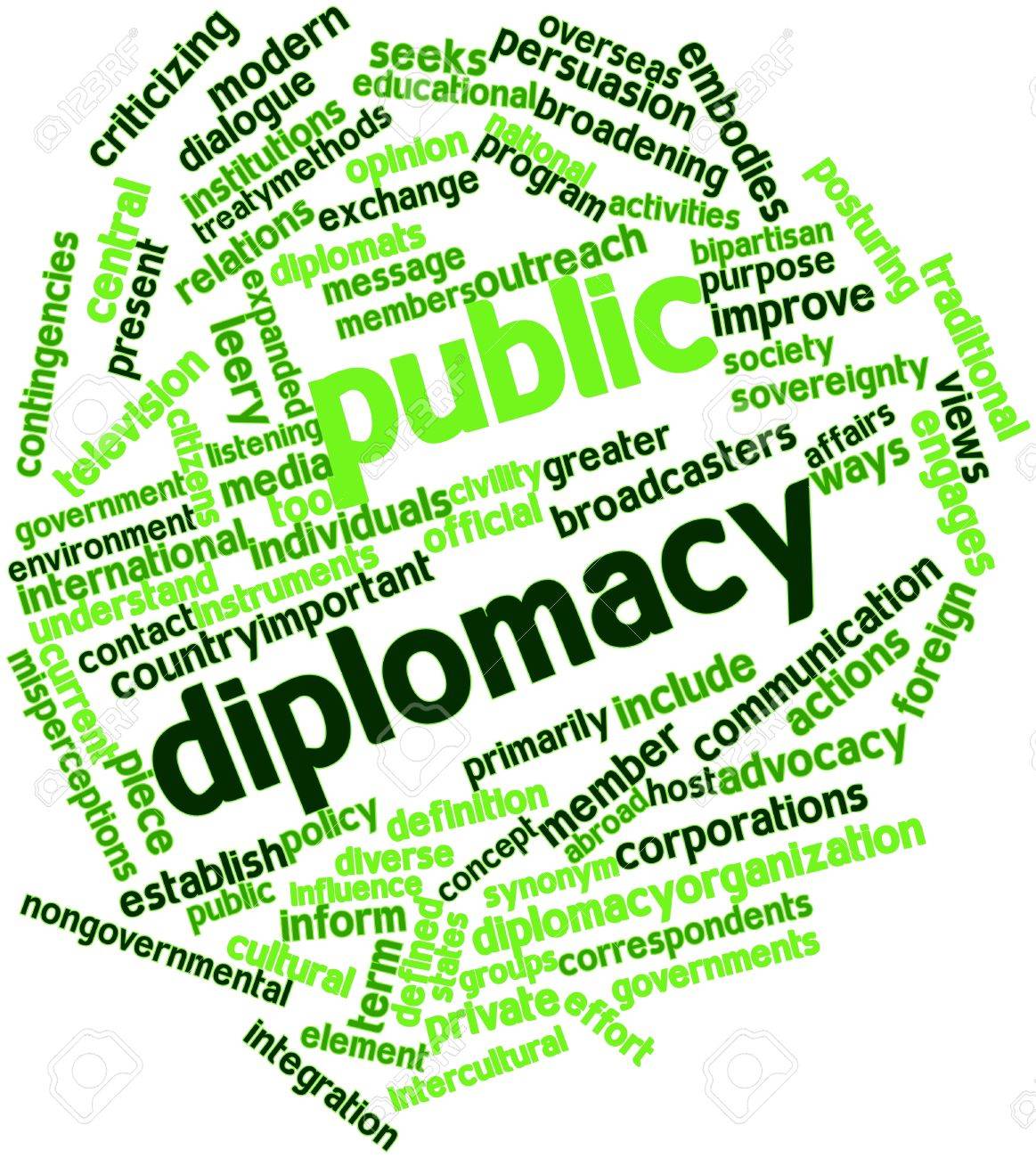
image from
"What is important?" is a question I learned from one of my mentors in Russian history at Princeton grad school, the eminent scholar James H. Billington.

Billington image from
"Mr. Brown," he asked, "what is important about your dissertation?"
(FYI -- the minor unpublished opus turned out to be about an 18th century Russian provincial nobleman, Andrei T. Bolotov, important as he represented, in a concrete way, the tension between Russian agriculture (put simply, Bolotov's treatment of serfs on his middle-sized Tula estate) and "European" culture (put simply, his limited "universal" enlightenment ideas about the dignity of the individual).

Bolotov image from
So: Future editions of the PDPBR will contain less "raw" information (much of which can be found via Google and other less detailed search engines), but will focus on one person's selection (your humble servant) of what he thinks is important in/for PD, inevitably/mostly from an American diplomatic perspective, based on his 20+ years as a Foreign Service officer, mostly in Central/Eastern Europe (81-93).
(BTW, One of the major developments in PD in our new century that I've noticed, while compiling the PDPBR, is that while the U.S., especially during the Trump Administration, is "abandoning" it, many governments outside the U.S. are adopting it -- in their own interpretation, of course, of this U.S.- formulated Cold War term. And in the USA, public diplomacy has been re-interpreted in many, slightly eccentric, but not always amusing, non-governmental ways).
No comments:
Post a Comment